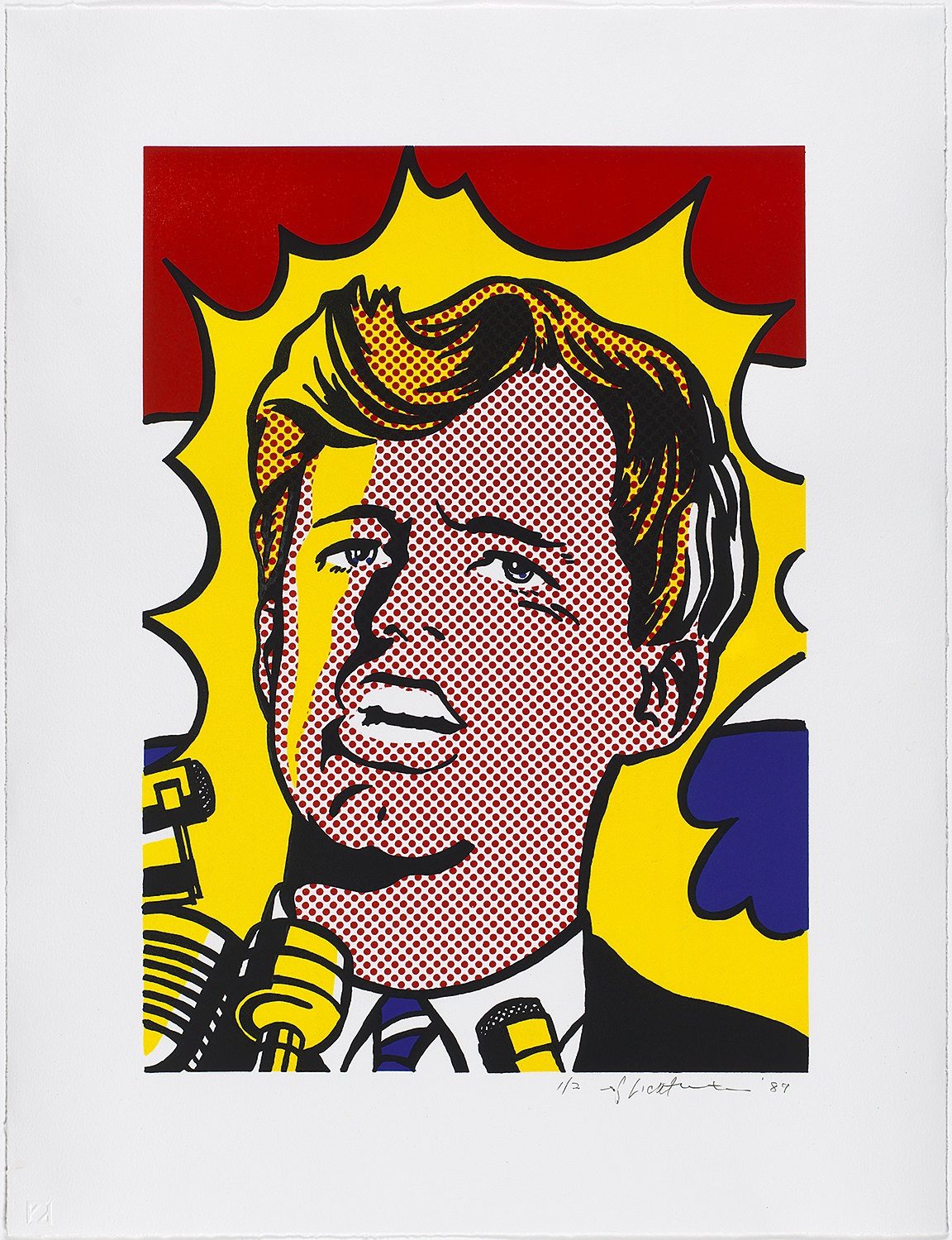Imagining RFK: 50 Years Later
By • June 6, 2018 0 557

We all experience history in different ways, in terms of time, place and context.
For most, these past few months, the specter of 1968 has hovered as an unlearned, mislearned lesson and lesion in American history.
The assassination 50 years ago of Sen. Robert F. Kennedy at a particularly triumphant moment, a major victory in the California primary, surely shocked the members of the Georgetown progressive establishment for whom he had become a hopeful and totemic, almost royal personage.
Indeed, he had lived and played in Georgetown during part of the 1950s.
His death was a blow to hope, to the idea of a Kennedy resurrection, to a visionary future. He was a familiar figure at Hickory Hill, on the Hill as a senator, as a man, who, cloaked in grief, rose to imagine the country whole.
He shared that gift with the Rev. Martin Luther King Jr., murdered earlier that year. King poured his visionary rhetoric into the future. It’s significant that, in the wake of MLK’s death, a city that did not burn was Indianapolis, where RFK shared the news in an extemporaneous speech framed by his comfort in Greek tragedy.
If you lived in Marin County in northern California, the news exploded differently, instantly, in the frantic static of radio — “Senator Kennedy has been shot,’’ like some previous dream repeated. My dog growled, my 4-year-old cried and so it came to pass for real.
Back in the 1950s, he was considered a ruthless loyalist. RFK would not have denied that he and JFK were not twins, more like cool wine and hard bark. But there was also this: a boisterous, flashy clan, and enough tragedy to make a Shakespeare play. With his brother’s death, he moved, as E. E. Cummings might have written, “through dooms of love” and loss and came out a bigger, more expansive man.
He perhaps waited too long to enter the lists. He became a pied piper, a man who could, we think, imagine us all — as opposed to JFK who both inspired and examined. Perhaps because he was surrounded by his own, children ran to him, the big grin spread all over his body and he, like MLK, saw the future as a possible thing.
“This world demands the qualities of youth, not a time of life but a state of mind,” he said. He also said, “We will end the divisions within the U.S.”
The train. The three widows. Our unforgotten, irreplaceable loss. Already a ghost of him on the kitchen floor, arms outstretched, already outward bound, crumpled like an accordion with fading music.
Imagine him now and then and now.

This portrait of Robert F. Kennedy by Roy Lichtenstein, commissioned for the cover of Time magazine in 1968, will be on display at the National Portrait Gallery through July 8.

